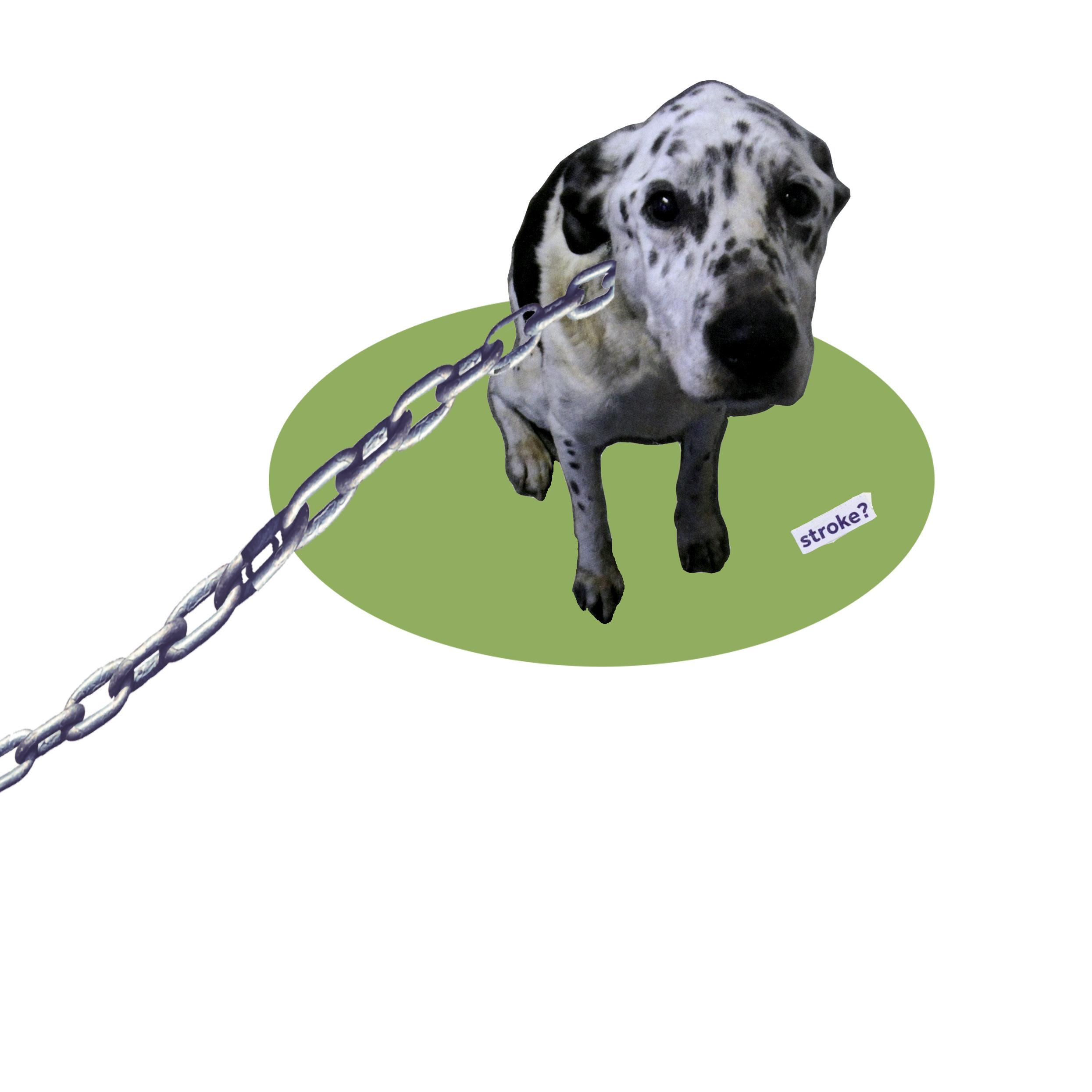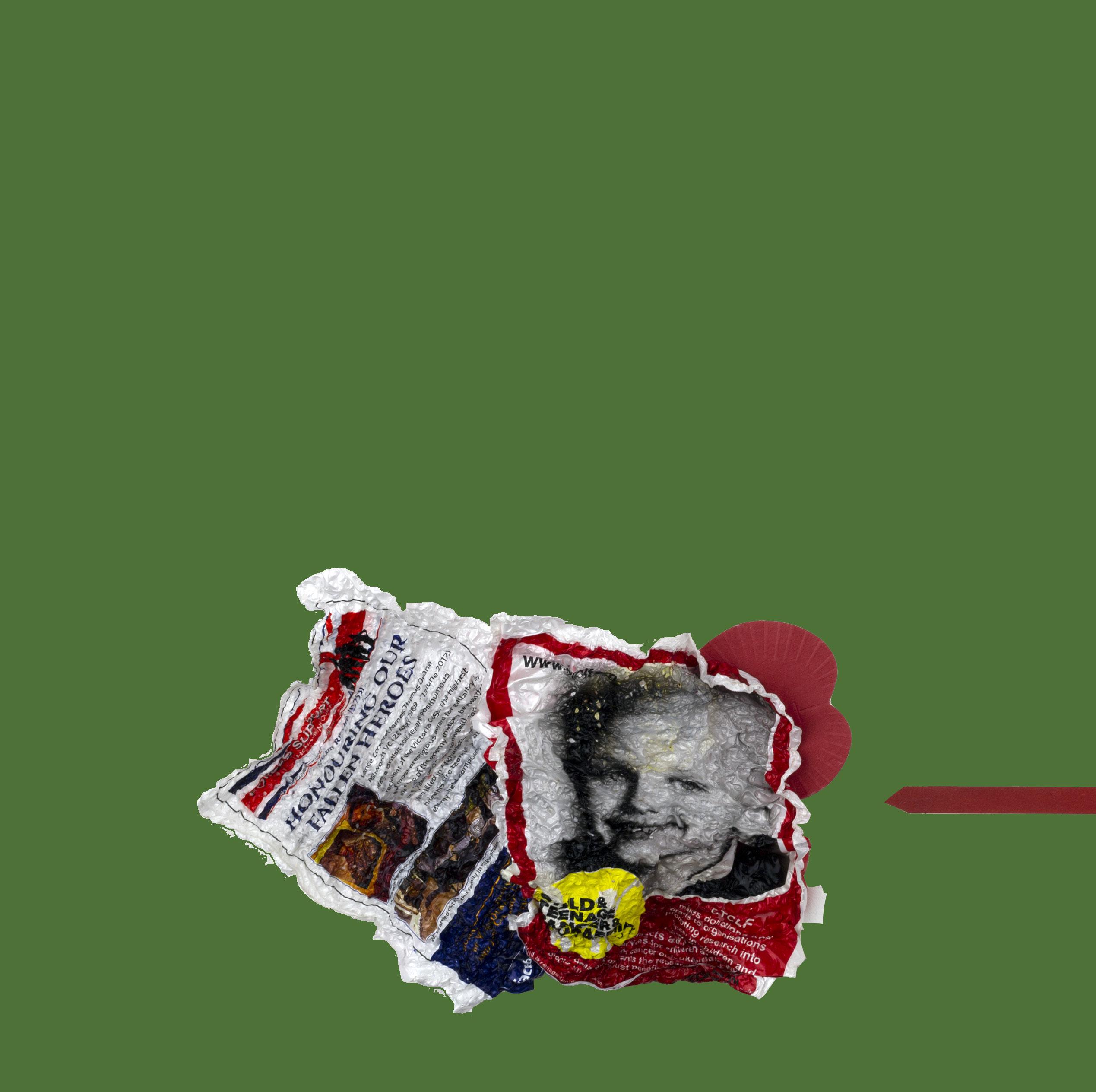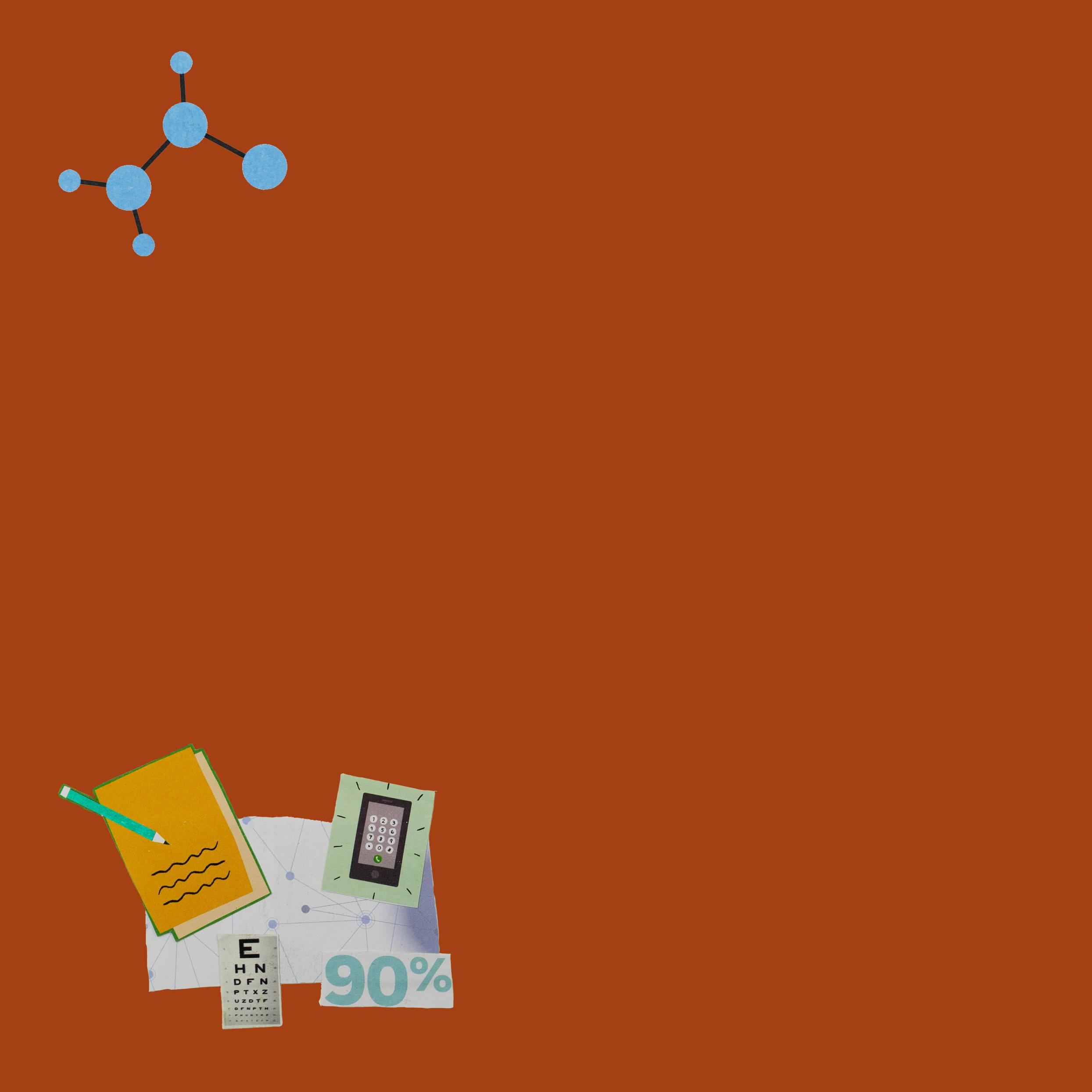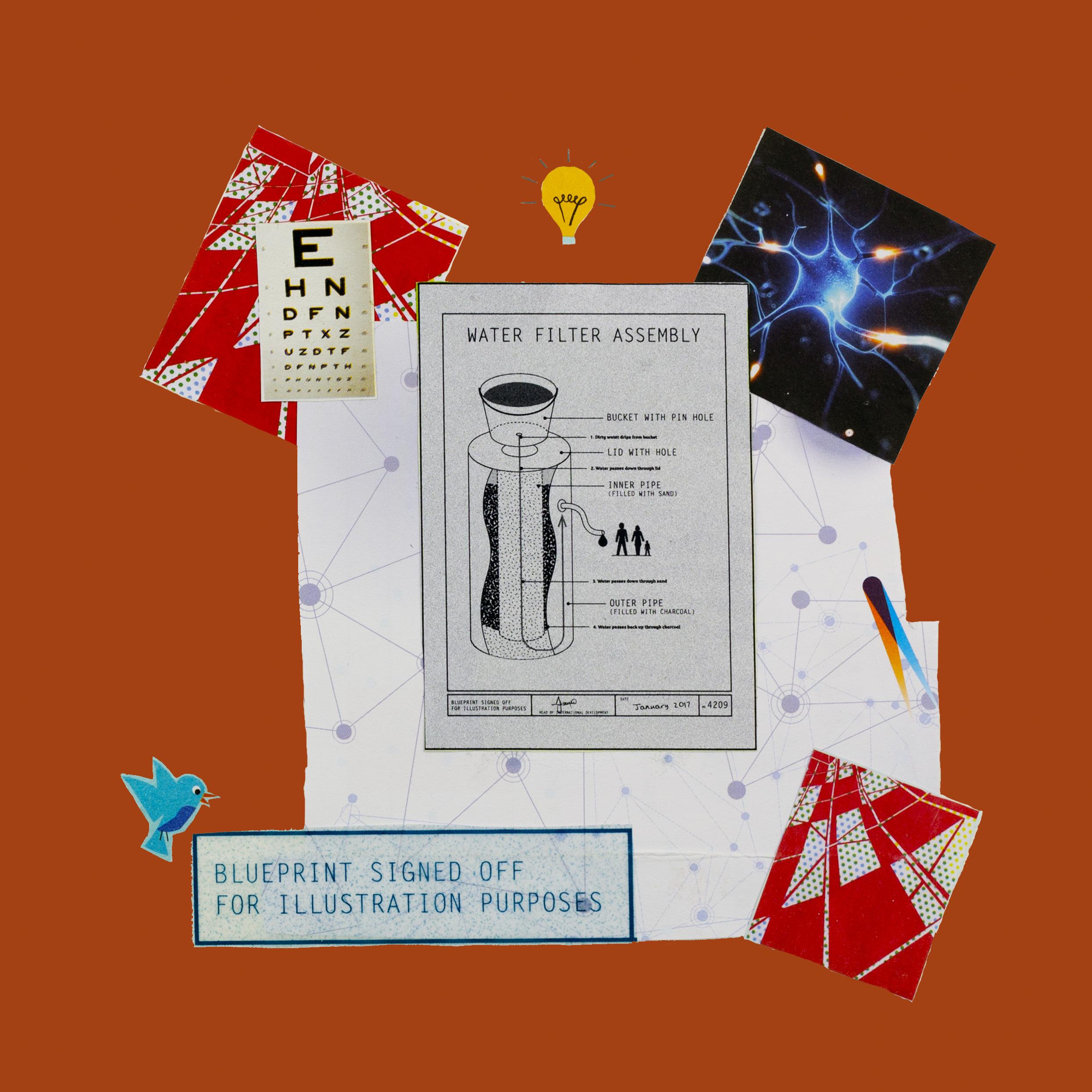
 written and illustrated by Lainey Lancaster
written and illustrated by Lainey Lancaster


Published in 2018 in the United Kingdom by Independent Publishing Network
Lorraine Pocklington
Rhydlwyd
Bontnewydd
Aberystwyth SY23 4JJ
nanajoy.co.uk
Story, content and illustrations © 2018 Lorraine Pocklington (Lainey Lancaster)
All rights reserved. No portion of this book may be reproduced, stored in a retrieval system or transmitted at any time or by any means mechanical, electronic, photocopying, recording or otherwise, without the prior, written permission of the publisher.
The moral right of the author to be identified as the author of this work has been asserted by her in accordance with the Designs, Rights and Patents Act 1998
First printed August 2018
Layout and design by Lorraine Pocklington greenweeds.com
Printed on 170gsm FSC uncoated. Fonts: Granville font from Production Type; Whitney by Hoefler; Charcuterie by Laura Worthington Type, Chauncy from Chank Co, Rollerscript by G-type, Earwig Factory by Typodermic.
ISBN 978-1-78926-532-0

 written and illustrated by Lainey Lancaster
written and illustrated by Lainey Lancaster

Nana Joy was feeling low. It seemed that every day there was more sadness in the world.
Trowser tried his very best to cheer her up, but on sad days nothing that he did seemed to help. Though that didn’t stop him trying.
On the day the postman delivered yet more sadness, Trowser fetched his lead for Nana Joy, and together they set out on a walk.

Stopping by at the Last Shop in the High Street, Nana Joy bought a fish, some carrots, some chocolate, and a bone for Trowser.

“Enjoy that fish Nana Joy,” said the shopkeeper, “there’s not so many left in the sea. Soon the shops around here will just be filled with things that people didn’t want and never needed. We could all do with finding some happiness.”
Putting her change in her purse, and the fish, the carrots, the chocolate and the bone in her basket, right then and there, Nana decided to do just that.

Stopping off at home only to pack a flask of tea, Nana Joy and Trowser set off on a journey to find happiness.

Not far from town Trowser heard a weak miaow.
Now Trowser liked cats, but even though he ran as quickly as he could, he had never managed to catch one.

He followed the sound and found a poor little kitten with a bowl full of words instead of food. The words were the same as those in the sad letters that Nana Joy received.
Trowser was puzzled.

“ It’s all very well,” Trowser thought, “but she can’t eat those words”

Leaving the fish for the kitten to eat, Nana Joy and Trowser continued on.
After just a hour’s walk, they came across a gnarled old tree. But instead of leaves and fruit the tree was full of words.
“Perhaps these words will tell us where to find happiness.” said Nana Joy. She had always enjoyed word games.

Nana Joy pulled a pen and a notepad from her pocket, poured herself a cup of tea from her flask, opened the chocolate, and settled down


Feeling weary after all their work, Nana Joy and Trowser decided to take a nap. While Trowser dreamed of playing with puppies, birds and kittens...


...Nana’s dreams were not so sweet...


Waking from their nap – less tired, it’s true, but not refreshed –Nana Joy and Trowser continued on.
Somewhere, in the middle of nowhere, they found a very sad dog chained to a weathered signpost. Retired from a puppy farm, no one had taught him how to live in a house and keep it clean. He was without company or shelter.

Now, Nana Joy had rescued Trowser from similar trouble so he completely understood.
“We are on a journey,” he told the dog, “and until we find happiness all I can offer you is this”

and promptly donated his bone.
In his heart, Trowser knew the dog would still be sad, but he felt better for giving him the bone.
Moving ahead, it was not long before Nana Joy and Trowser came across a little donkey, burdened by its load.

“How can we lighten your load?” asked Trowser
The little donkey sighed.
“I carry on my back all the sadness of the world. Charity has broken, and it’s full of misery instead of hope. The only one who can fix it is the Happiness Engineer. But he has been so busy trying to harvest the sun, he has taken his eye off charity. I need to catch him to let him know, but with this load on my back I fear I never will.”

“Where do we find him?” asked Trowser, “because I’m good at catching – apart from cats.”
“You may be good at catching, but I’m not so good at maps,” said donkey, “I can only follow my nose. But if you try hard and listen to your hearts, then I believe that you will find him.”
And although it didn’t really solve donkey’s problems, Nana Joy gave her the carrots.



“My heart tells me we should head to the City,” she said to Trowser , “someone there will know where he is. Though it’s a long and winding road.”
Frowning at a memory that she could not quite reach, Nana Joy started to hum a tune.

Arriving at the gates of the city, Nana Joy and Trowser were halted by strange flower headed folk holding buckets.
“Who goes there?” asked the flower with the biggest head. She was quite alarming!
“Just an old lady and her little dog. We’re looking for the Happiness Engineer. Do you know where he is?” asked Nana Joy
Ignoring Nana’s question, the smallest of the red flowers squeaked “Do you have any spare change?”

Worried that they would think badly of her, and even though she had hardly enough left for herself and Trowser, Nana Joy emptied her purse into a flower bucket.
The flower creatures parted, allowing Nana Joy and Trowser to pass.

The city streets were loud, smelly, and strewn with rubbish. Nana Joy and Trowser came across all kinds of sights, not all of them sad, though many seemed to be concerned with money. The Happiness Engineer proved hard to find.


Eventually, they came across a sorrowful looking young man, and Nana Joy spoke to him.
“Do you know where we might find the Happiness Engineer?”

“I think I do,” he replied, “if you could just sign here, then I will take you to where he lives.”
The reserved young man seemed so kind!
Nana Joy took his clipboard, filled in her banking details as it asked, and signed at the bottom. What harm could it do, and it could make him happy?
Now this worried Trowser, even though he was just a dog, and he allowed himself a little growl.
Nana Joy, though, seemed innocent of any doubt.

But to Trowser’s surprise, the sorrowful young man was true to his word. He led them to an ordinary house with a sign that simply read
“We found him!” cried Nana Joy, with joy, and rang the doorbell. There were some scraping and shuffling noises from inside the house, and then the door flew open. Standing in the doorway was a serious looking man, somewhat shorter than Nana Joy had imagined him to be.
“Are you the Happiness Engineer?” asked Nana Joy
“I try to be, I enjoy the challenge.” he replied, “What can I do for you, Nana?” A brightness shone from the house beyond.
Nana Joy thought about their journey, and the sadness of the world. Of the creatures and people that they’d met, who most of all just needed love.
“I want to end the sadness of the world.” said Nana Joy “Charity has broken and I am told that you can fix it.”

Nana Joy and Trowser followed the Happiness Engineer into a brightly shining room. He checked some devices, then tutted to himself, somewhat vexed.
“You are right, Nana Joy, charity has moved out of its correct orbit, and it has broken. I’ll have to fix it.”

Nana Joy stood patiently while he pressed buttons and turned dials. Trowser – not being technically minded –fell asleep and dreamed again of chasing kittens.


Suddenly there was a whirling. And a swirling. And a rushing. And a swooping. And then ....
“That’s done it, Nana Joy, charity will take a turn for the better. There will still be sadness in the world, but not so much of it will be brought to your door.”



“You should make your way home now. Though don’t forget, Nana Joy, I may have fixed charity, but the key to happiness lies in your own heart.” And with a quick wave he was gone.
Trekking back along the same route as they had travelled only a short while before, Nana Joy could see that things were already on the mend.

Home at last, Nana Joy and Trowser found on their doorstep the kitten that they’d met on their travels.

Trowser was so excited! At last he’d have a kitten of his own to love and to chase!
“Well, Trowser, that was quite a journey!” said Nana Joy

“We have found some new friends, and with charity fixed there may well be less sadness in the world.
I feel it in my bones.”








 Left: Some of the ‘begging bowls’ made from the plastic clothing sacks.
Left: Some of the ‘begging bowls’ made from the plastic clothing sacks.

